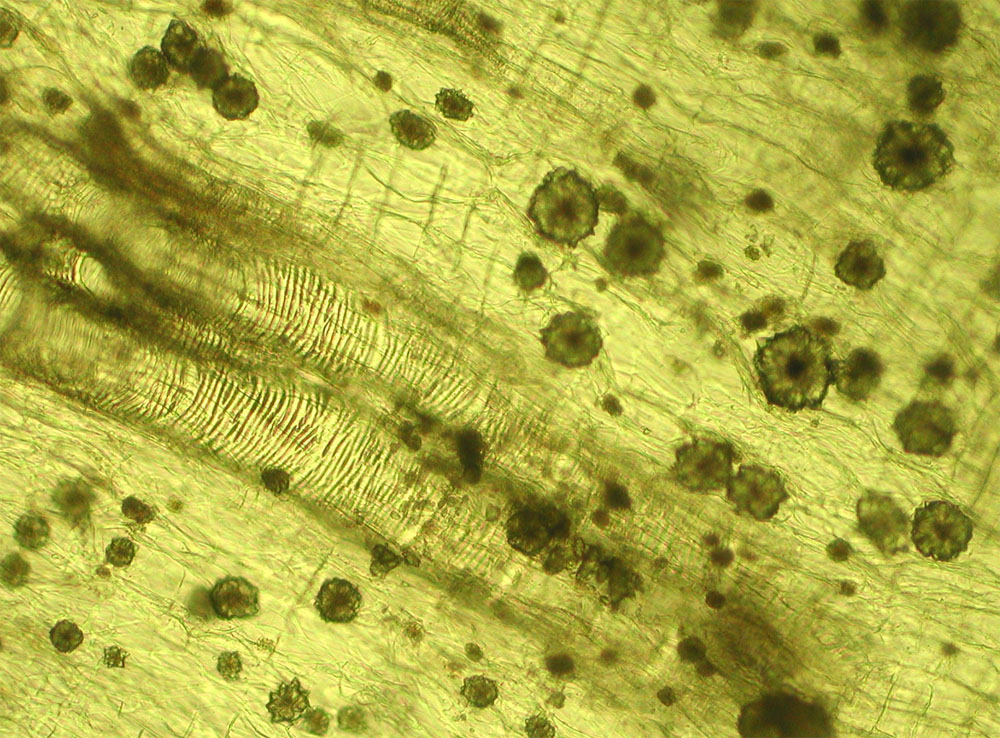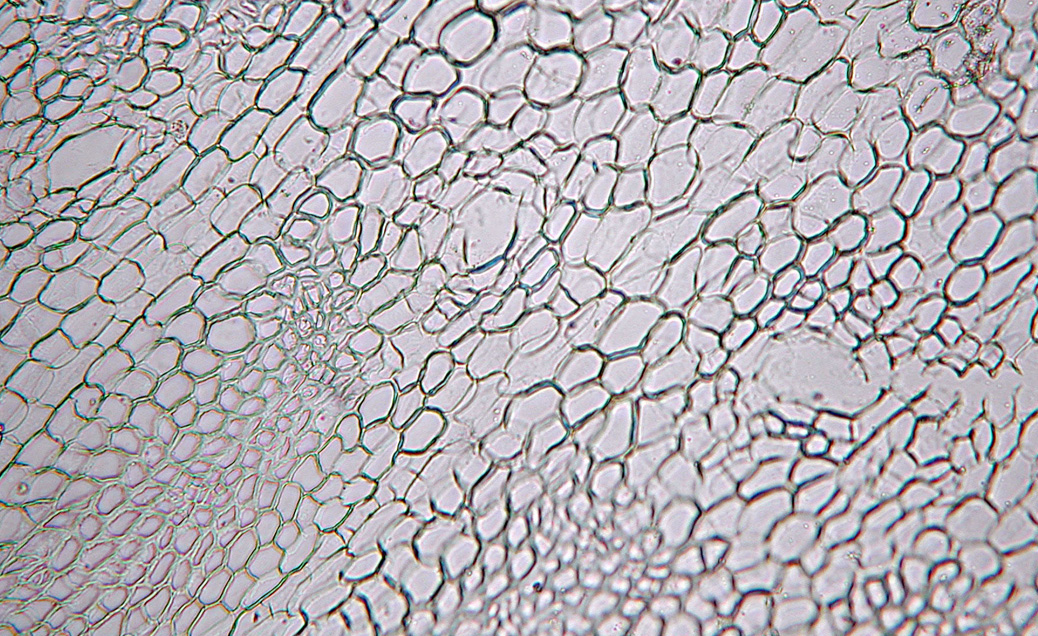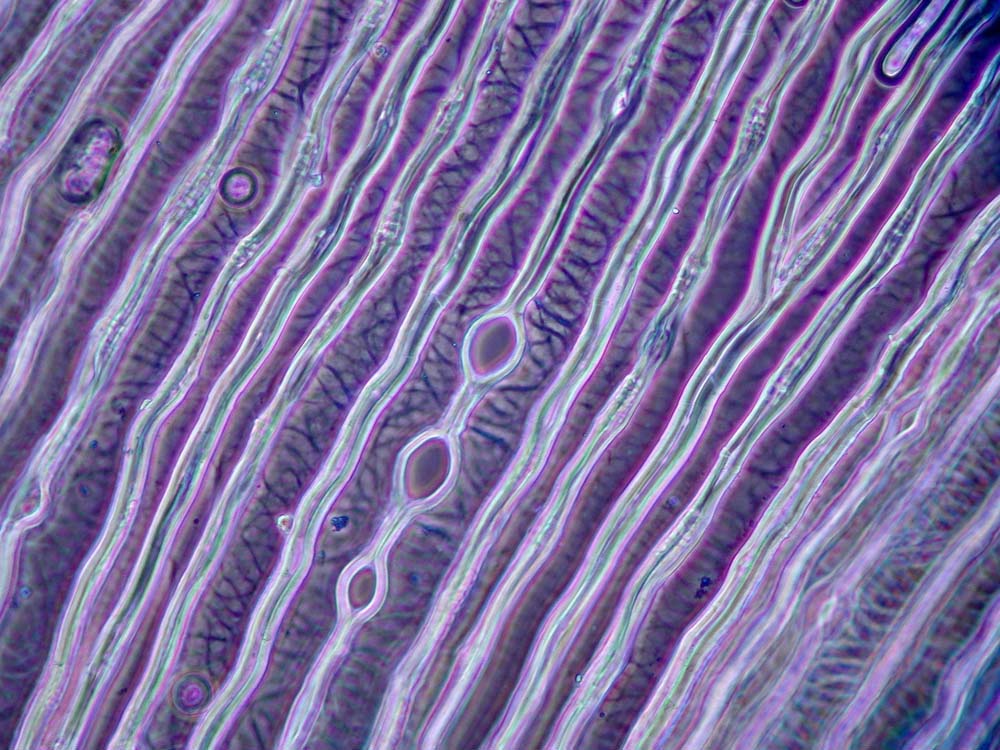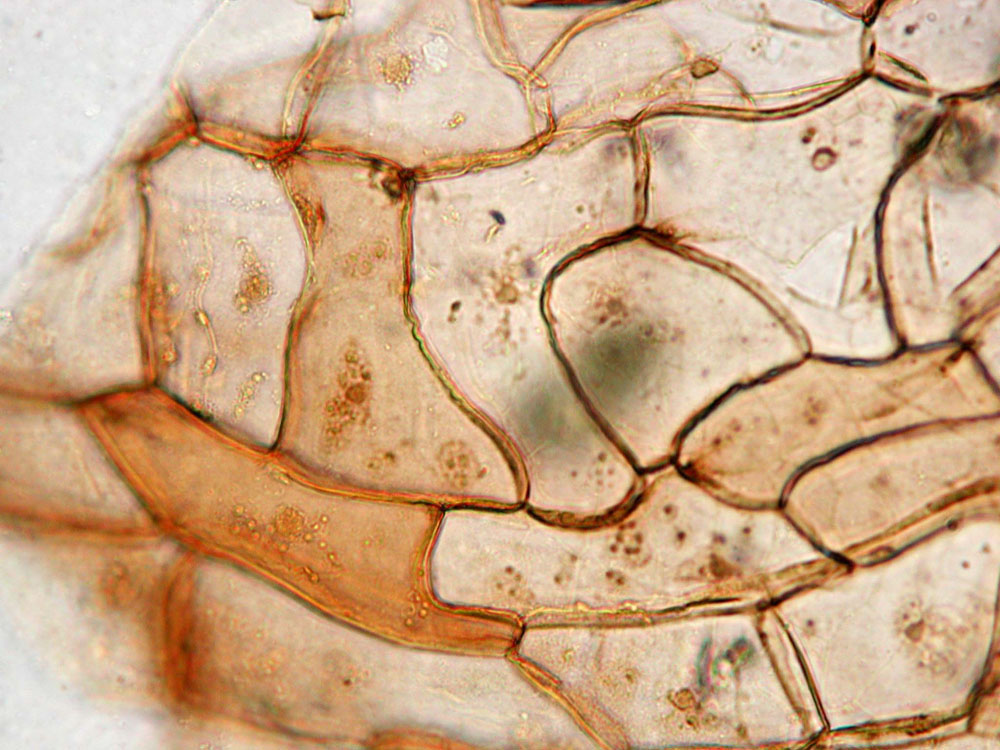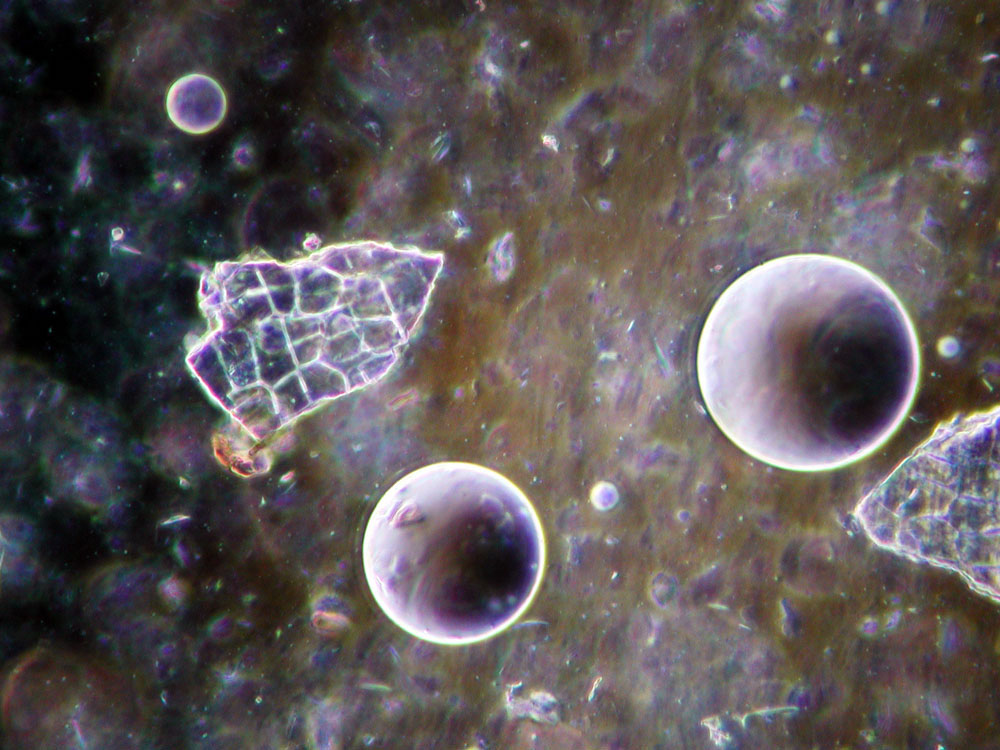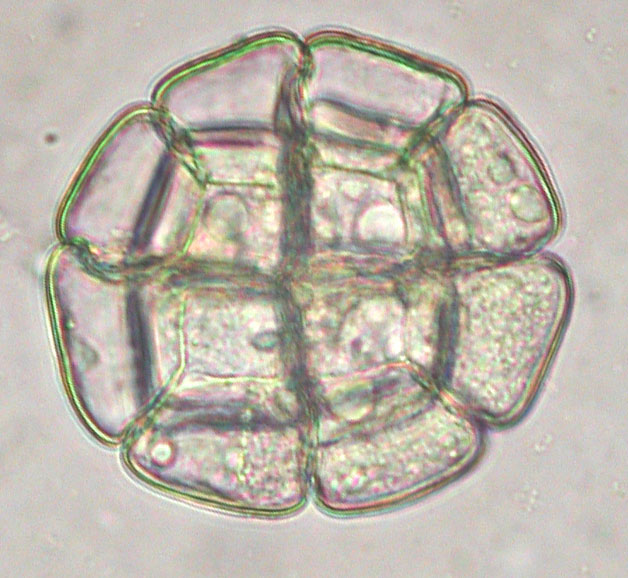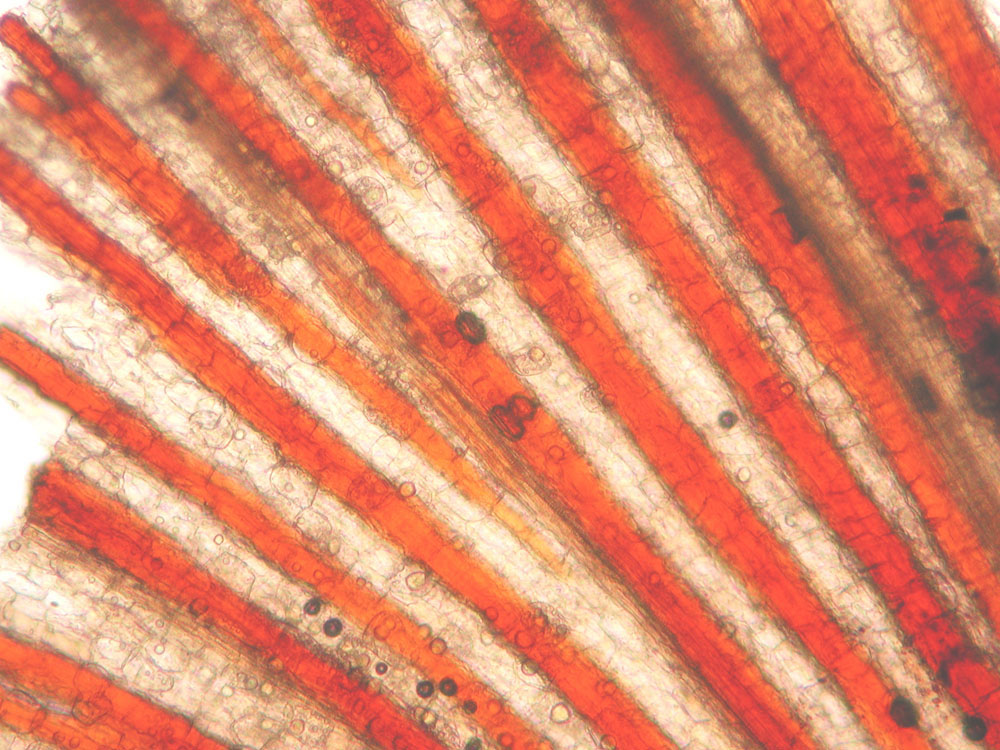General Safety Recommendations
General safety recommendations when using Chinese medicines
Chinese herbal medicine is a relatively safe therapy. Since its inception, safety aspects, such as careful monitoring of the patient for desirable and undesirable reactions, have played an important role. As a result, at least those side effects closer to the time of intake of the medicine were identified. Today we must also keep an eye on risks that are able to be detected thanks to modern methods.
The prerequisite for safety is good training of therapists in Chinese medicine and assured drug quality.
Possible Side Effects
Minor side effects, such as gastrointestinal complaints, headaches, circulatory reactions or various forms of malaise are quite common and can usually be corrected by adjusting the formula. Serious reactions to medicines are rare, but cannot be ruled out. Special attention must be paid to them in order to prevent them if possible or to detect them at an early stage.
Allergies of varying degrees of severity are not uncommon. Almost all medicines may be considered to be the cause, with a greater likelihood in the case of medicines derived from flower blossoms or of animal origin. For mild forms, such as mere itching, individual components of a formula may be gradually eliminated in order to identify the allergen and avoid it.
Liver injury
The most important side effect to be aware of is possible liver injury, of which a distinction is made between an intrinsic and an idiosyncratic type. The former is predictable because it occurs in all individuals above a certain dose. With the idiosyncratic type, there is usually no overt hepatotoxicity. Only certain people display a reaction, which may be severe. This reaction is largely independent of dose and unpredictable. It may be caused by an immunological response or a metabolic peculiarity of certain individuals. Liver reactions to herbal medicines are mostly idiosyncratic. To be prepared for these, it is important to know which medicines are associated with possible liver injury.
Interactions
Another prominent risk constellation is potential interactions. Traditionally, interactions between herbal medicines themselves were known, and rules were established indicating which combinations of medicines to avoid. Possible interactions between traditional medicines and biochemical drugs have attained greater importance today. Many of today's patients are polymorbid and sometimes take extensive conventional medication. Here it is important to know where there is a particular risk and where a risk is less likely.
In case of an observed side effect
We recommend, in agreement with the TCM associations, reporting the case to the CTCA, so that the possible role of Chinese medicine can be clarified and knowledge of possible risks can be enriched in the interests of all. Thus all professions involved in Chinese medicine can benefit. It is therefore important to provide us with all essential details; to this end we have developed a registration form which can be downloaded. Any notification will be treated collegially and confidentially.
Drug Quality
It is not uncommon for the media to report on safety shortcomings in Chinese medicinal products, such as contamination, deliberate adulterations, etc., or decades-old cases are brought up once again. These risks are hardly relevant for the German-speaking countries, for which the CTCA feels responsible, or they can be reliably avoided.
The prerequisite for quality is the purchase from legal sources, i.e. from pharmacies, which are obliged to only supply medicines that have been checked for identity, heavy metal and pesticide content, and if necessary for aflatoxins, in accordance with valid European Pharmacopoeia regulations.
The following criteria may be helpful in choosing a pharmacy:
- The pharmacy should have experience with Chinese medicines and provide specially trained professionals.
- The pharmacy is recommended by TCM doctors/therapists.
- Particularly cheap suppliers warrant suspicion.
- It should be possible to inspect test certificates in the pharmacy.
Absolutely not recommended:
- sourcing Chinese medicines from the Internet, unless they are from the legal sources mentioned above.
- sourcing Chinese medicines from herbal shops or the like that are not subject to quality control regulations.
- the use of Chinese finished medicinal products. These are not legal in the EU because they are not licensed here, and may have quality shortcomings that are unable to be monitored. Some products are sold as "dietary supplements" and here too considerable suspicion is warranted because they are de facto medicines which, however, circumvent the regulations applicable to medicines.





